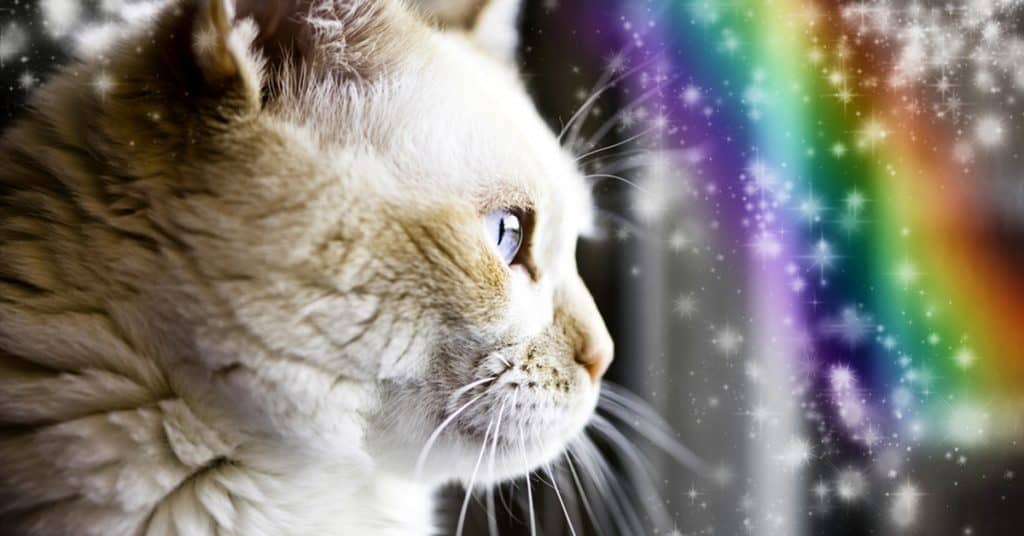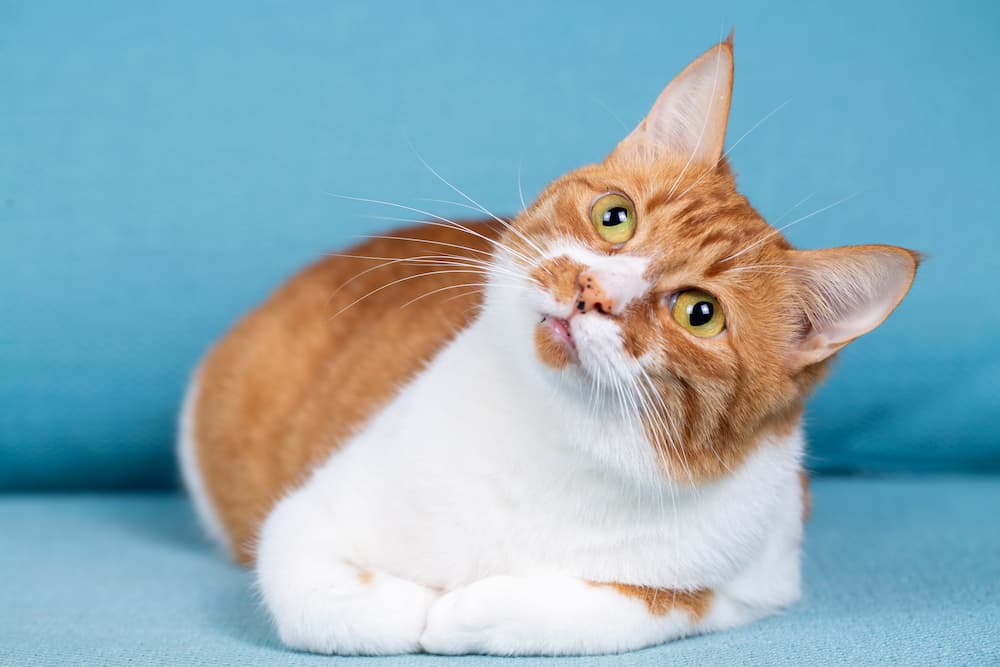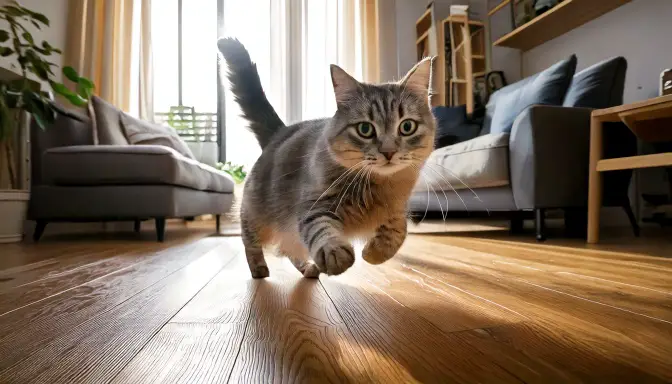By Natalie Wilson

It’s well known that music is beneficial for people. Many studies have found that music can decrease stress levels in humans and will trigger the release of “feel-good” neurotransmitters called dopamine. Music has this effect on humans because it’s such an integral part of the human experience. Throughout history, music has served as a tool to share information, stories, and personal thoughts and feelings.
Since music has such a positive effect on humans, it’s only logical to assume that cats would enjoy this art form as well. If you’re planning on introducing music to your cat, it’s important to remember that music designed for human ears may not resonate the same way when listened to by a cat.

While the music does have the power to bring us joy, keep in mind that the music we listen to has been designed for human ears. Your cat won’t process music the same way you do. Cats have different ways of processing sensory information, which can be seen in their unique ability to see clearly in the dark and their sophisticated hearing abilities. The music cats listen to should, therefore be designed for their natural biological processes.
Here are some useful tips to consider before introducing your cat to music:
#1) Incorporate their natural acoustic range
Considering your cat’s preferred acoustic range will help you narrow down what music will resonate with them in the best way possible. Consider the music humans listen to: the pitches all fall within a range that is comfortable for our ears. If a pitch is too low or too high, we won’t be able to hear it clearly, if at all. Just like humans, cats have an acoustic range that is comfortable for their ears. Your cat’s meows are much higher in pitch than a human voice operating in its lower ranges. This is why vocalizations in the upper ranges may resonate more deeply with your cat.
Conversely, sounds that mimic purring should be in a lower range. The vibration effect that accompanies purring sounds cats make can also be incorporated into the musical experience. Try searching for music that produces a vibration that can be felt, or buy speakers that vibrate when emitting music. Your cat may just snuggle up to the speaker to get a better listen.
#2) Use sounds that are natural for cats

Many humans use sounds in music that feel natural for us. For example, the human voice and drums that mimic the human heartbeat are often heard in our music. Other sounds found in nature, such as waterfall, ocean, or rain sounds, are very calming to us. A lot of meditation music incorporates these natural elements and has a soothing effect on the mind.
Thankfully, your cat will likely enjoy these natural sounds as well. Since these nature sounds are not just part of the human experience, but also the experience of all animals, playing the right sounds will likely cause your cat to relax more than ever before. You might find that birds chirping and the sound of crickets send your cat off into a relaxing nap. In terms of instruments that cats will enjoy, a guitar is a great choice because of its ability to be played softly. If you’re thinking of purchasing a guitar to play your pet music, take a look at this article.
#3) Introduce David Teie’s work

Species-specific music is simply music designed for a specific type of animal. Every single song or piece you’ve listened to up until this point has been species-specific. As I’ve already mentioned, the problem is that species-specific music you’ve heard up until this point has been catered towards our species.
Recently, composers and animal lovers have become aware that all animals deserve to be introduced to music designed for their ears. This realization soon led to the creation of Music for Cats, a series of compositions that your feline is sure to love. David Teie, a musician and composer with a rich performance background, has proposed that every animal has a unique biological response to sound. This response to sound varies depending on their unique brain development and their vocalizations.
Music for Cats has been found to have a relaxing effect on felines. Research from the University of Wisconsin found that many cats enjoy music when it is catered to their biology, and Music for Cats does just that. If you’re worried about leaving your cat home alone during the day while you go to work, taking your cat to the vet, or leaving your precious feline with a friend while you go away on a business trip, introducing these compositions might give your cat the relaxation they need. Remember that not all cats will like the same music.
After all, not all human-specific music is preferred by every person. Just like humans, cats will like some songs better than others. Listening to music is a unique experience, so have fun getting to know your cat better as you explore his or her musical tastes.
About the Author:
Hi! My name’s Natalie Wilson.
I’ve been playing guitar since I was just five years old. Throughout my career, I’ve taught music lessons to all ages and have seen the benefits of music engagement first-hand in my students.
I love to share tips about the power of music on my blog: Musical Advisors. On my blog, you’ll find reviews, tutorials, tips for musicians, and more.
Contact me at: natalie.musicaladvisors@gmail.com
The Catington Post is reader-supported. That means, if you make a purchase through links on our site, we may earn an affiliate commission. All images and names which are not the property of The Catington Post are the property of their respective owners.






